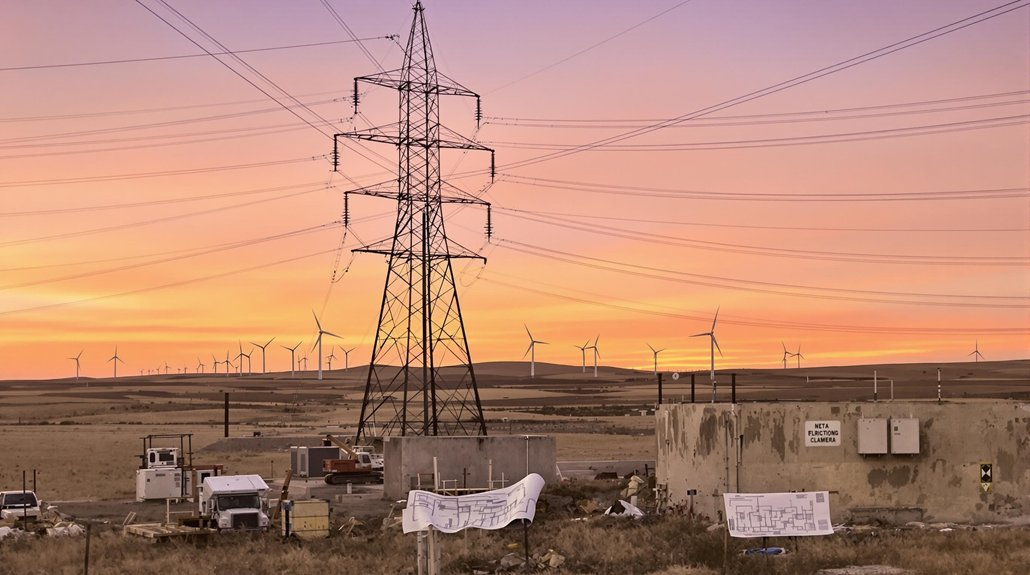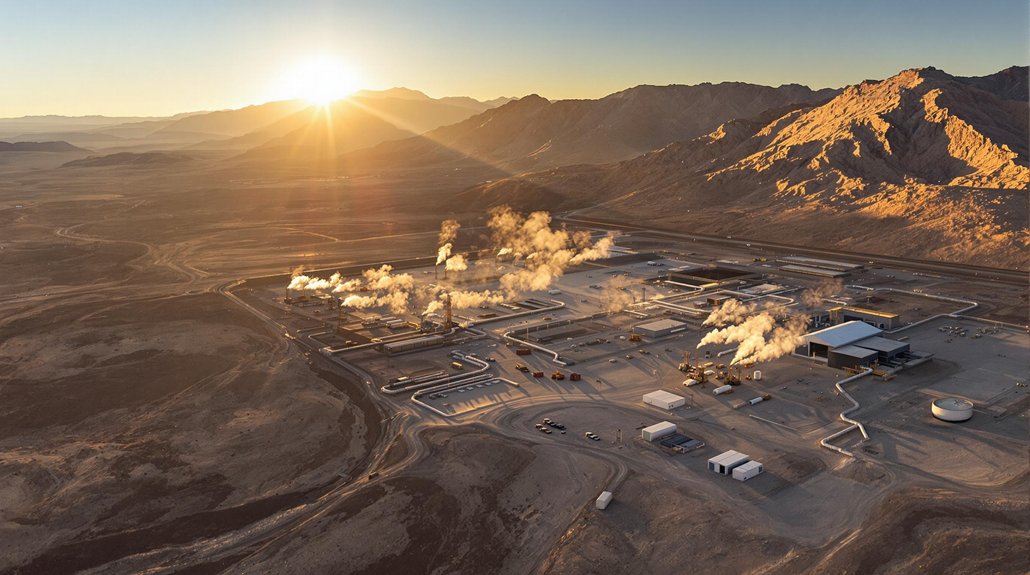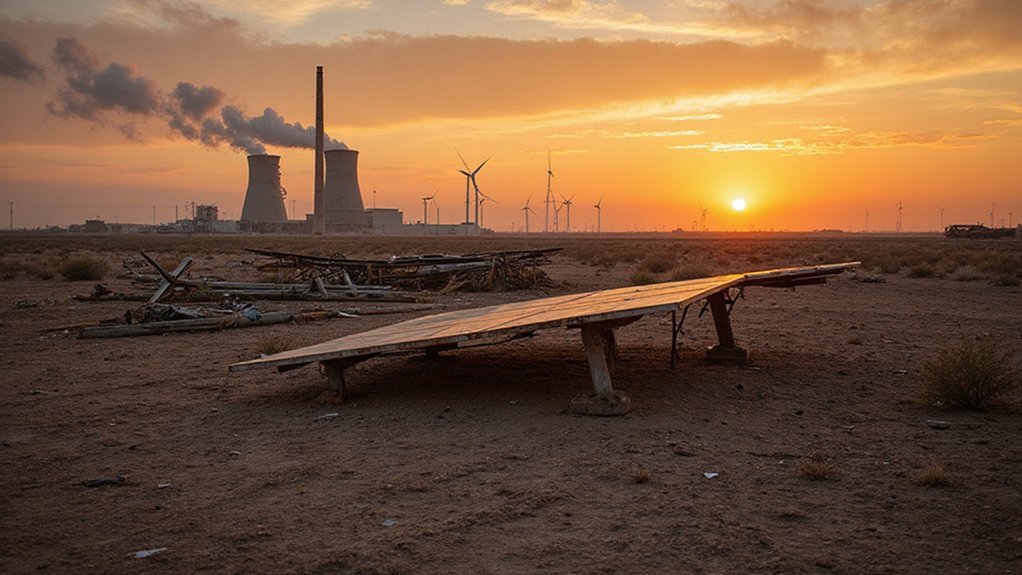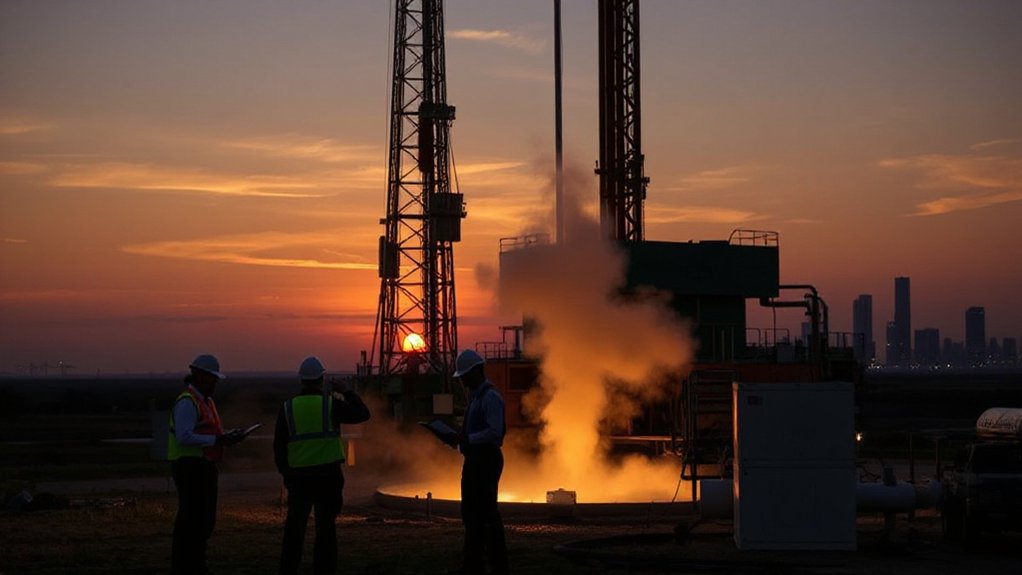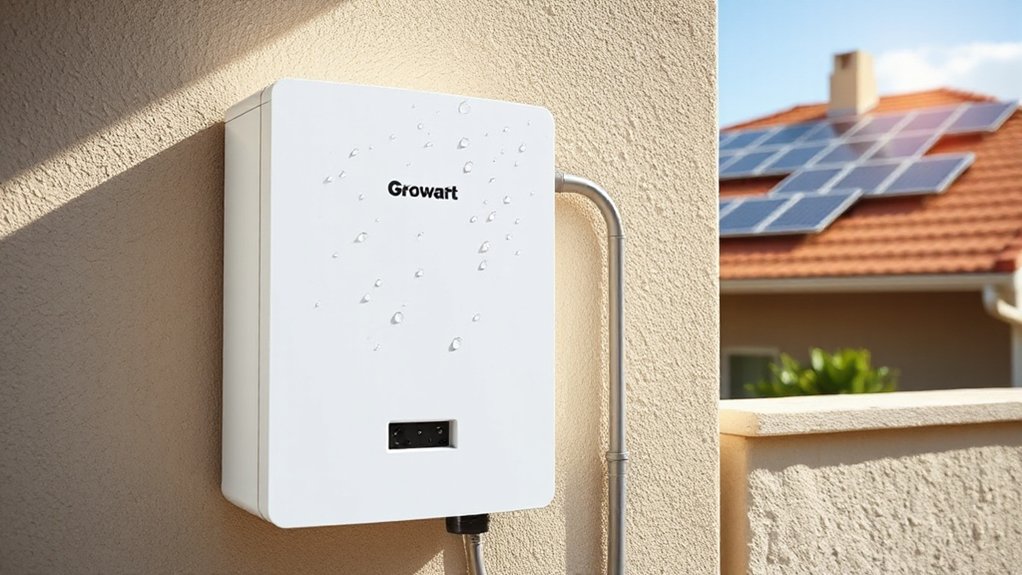The Trump administration pulled the plug on a $4.9 billion federal loan guarantee for a major green energy transmission project, reversing one of President Biden’s key climate policies. The decision marks a sharp turn away from federal support for expanding the nation’s power grid to handle renewable energy.
The canceled project aimed to build and upgrade transmission lines that would carry wind and solar power from remote areas to cities. It was part of a broader plan to modernize about 100,000 miles of power lines across the country. These upgrades were expected to add more electric capacity than the U.S. has seen in over two decades, with 96% coming from clean energy sources.
Modernizing 100,000 miles of power lines would deliver America’s biggest electric capacity expansion in over two decades.
Under Biden, the federal government identified special corridors called National Interest Electric Transmission Corridors. These routes would fast-track the construction of power lines needed to move renewable energy across long distances. The plan also supported Biden’s goal of installing 500,000 public electric vehicle chargers by 2030.
The Trump team’s decision aligns with their push to stop subsidizing green energy projects. This policy shift signals a major change in the federal government’s approach to climate and energy issues.
The cancellation could slow down America’s shift to clean energy. Grid constraints already create bottlenecks that prevent new wind and solar farms from connecting to the power system. Without these transmission upgrades, renewable energy developers face more uncertainty about when and how they can connect their projects.
Utility companies that counted on federal support for grid investments now must look elsewhere for funding. State and local governments that planned to participate in the corridor projects face delays or cancellations. Communities expecting jobs from the construction work won’t see those opportunities.
Clean energy industry groups warn the funding cuts could lead to job losses and slow the growth of renewable power. Private investors will likely reconsider putting money into transmission projects without federal backing.
The decision affects not just climate goals but also plans for modernizing America’s aging electric infrastructure and boosting rural economic development. The move comes despite projections that renewable power capacity will increase by over 5,500 GW globally between 2024 and 2030.
References
- https://highways.dot.gov/newsroom/investing-america-biden-harris-administration-announces-635-million-awards-ev-charging
- https://www.transportation.gov/briefing-room/big-deal-biden-harris-administration-nears-close-history-making-progress-continues
- https://www.energy.gov/articles/biden-harris-administration-announces-150-million-advance-net-zero-projects-federal
- https://www.energy.gov/articles/biden-harris-administration-announces-initial-list-high-priority-areas-accelerated
- https://bidenwhitehouse.archives.gov/briefing-room/statements-releases/2024/08/29/fact-sheet-biden-harris-administration-takes-action-to-deliver-more-projects-more-quickly-accelerates-federal-permitting/
